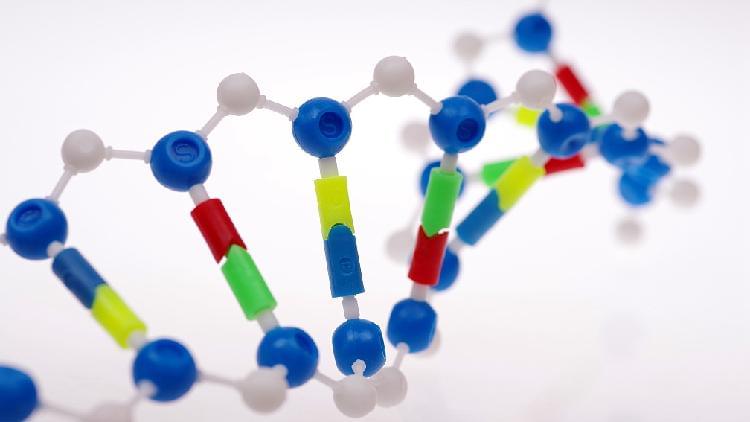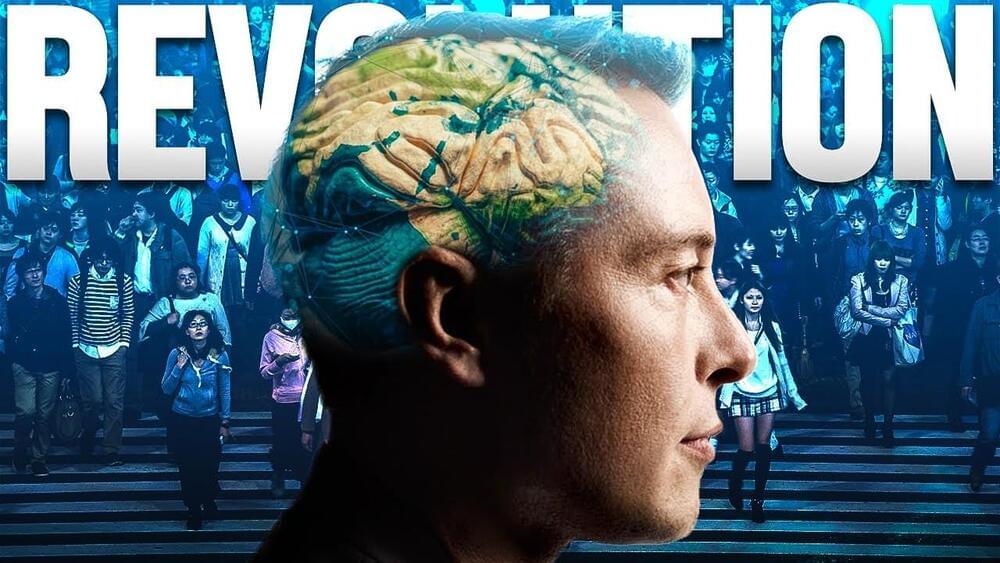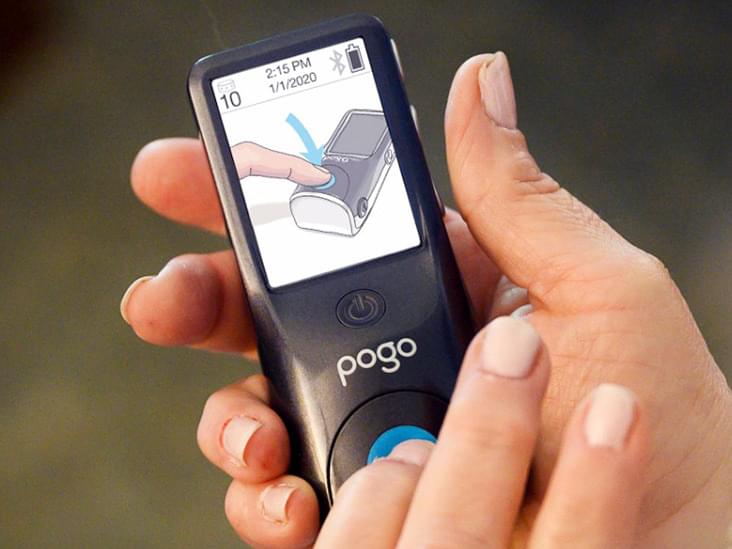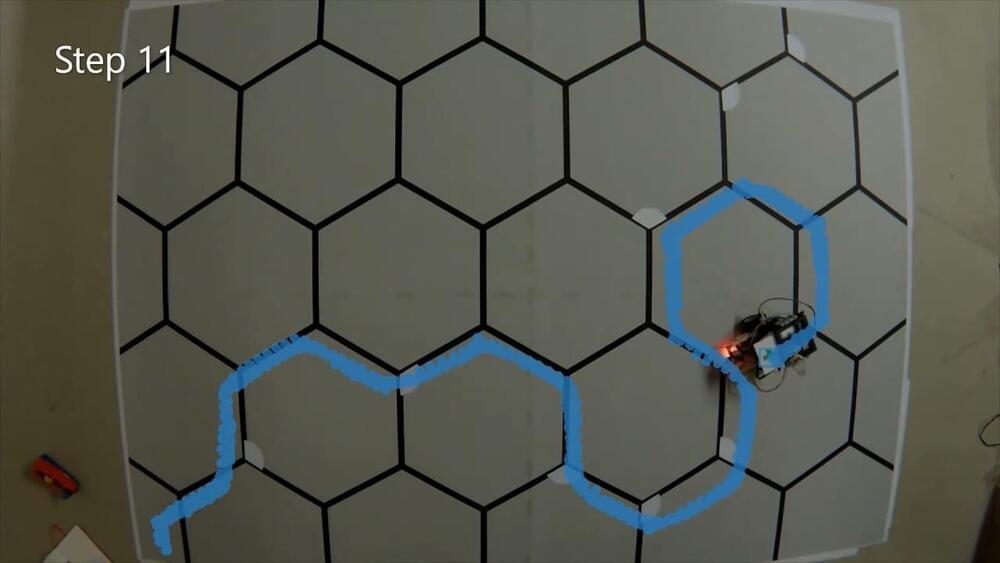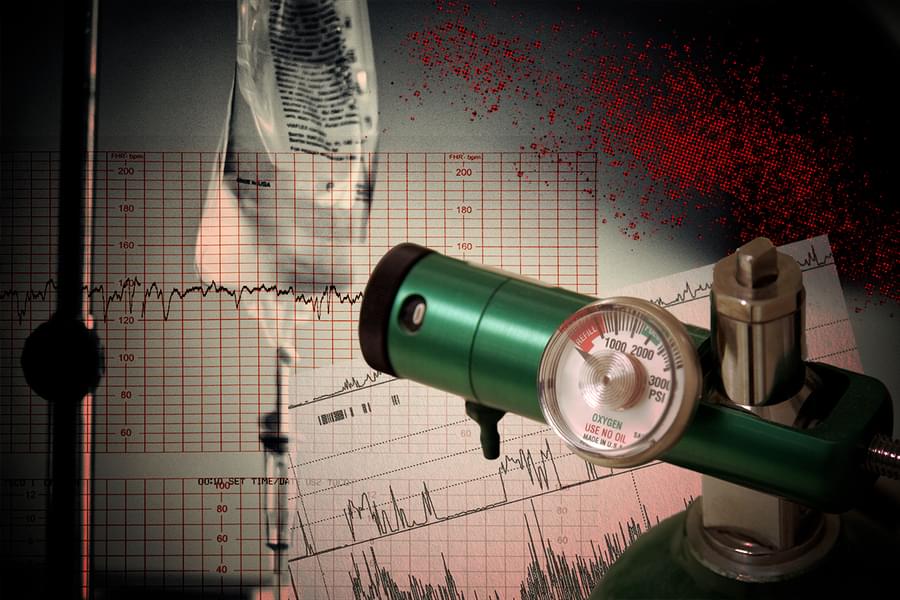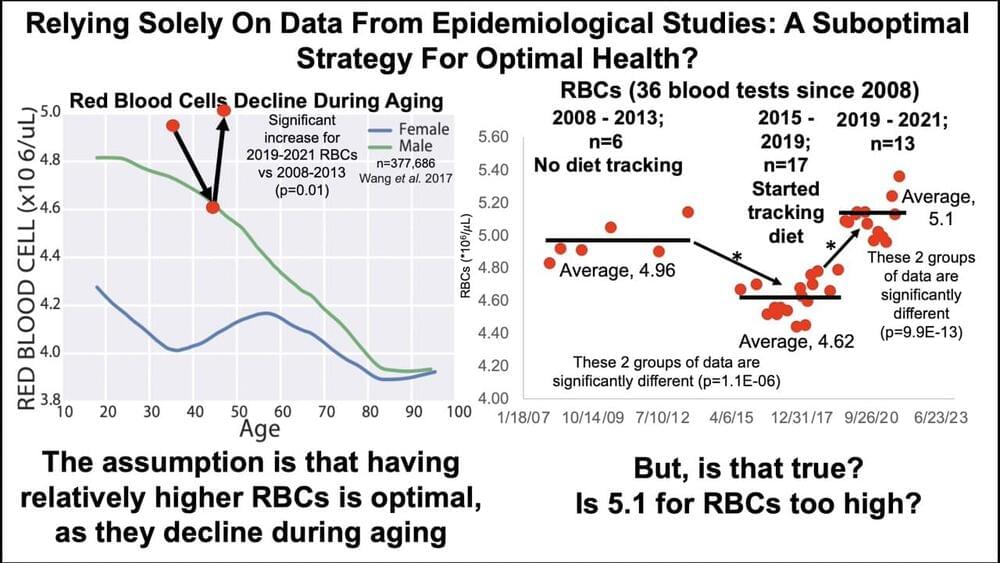Dec 12, 2021
UK Steps Up Efforts To Combat Omicron Spread
Posted by Chima Wisdom in category: biotech/medical
Britain on Sunday announced additional measures to stop the spread of the Omicron coronavirus variant, including the extension of booster jabs to people over 30.
From Tuesday, fully vaccinated contacts of people who test positive for Covid-19 will be required to take daily lateral flow tests for seven days.
But those who have not had one or two shots of a Covid vaccine will have to self-isolate for 10 days, the Department of Health and Social Care said.



